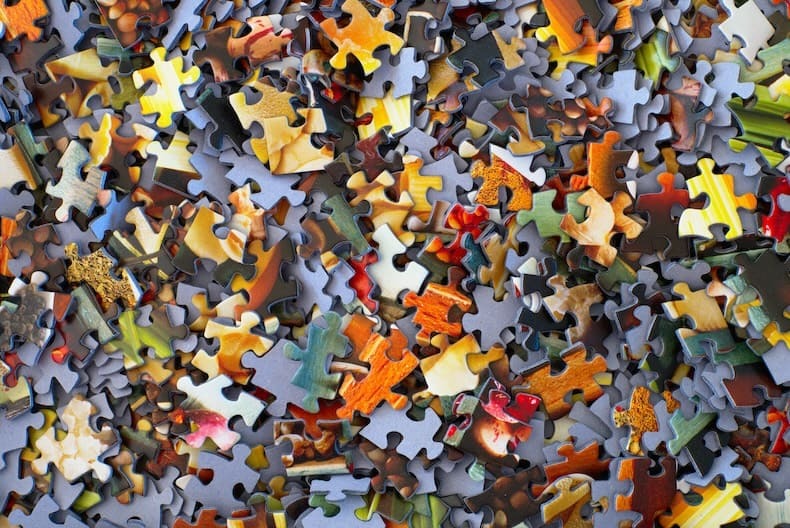I see a lot of people joking about the adhd thing of "I have a appointment/phone call at 3pm, guess I won't do anything all day!"
But no one seems to make the connection that it's a time blindness thing. One of the symptoms of ADHD is not having a good and accurate sense of time. And not doing stuff prior to an event with a hard deadline is an obvious coping mechanism for that.
Can I go to the store? It's 10am and the appointment is at 3pm. How long does going to the store take? An hour? Three hours? Five hours? I DON'T KNOW!
I get anxious trying to do things before appointments because I'm aware that I don't know how long those things take, and that if I think I do, I may be very wrong. Too often I've been like "hey I can walk to the corner store and grab a drink, that'll take like 15 minutes!" and then an hour later I get back and whoops my rice has burnt.
Plus there's also the fact that ADHD people know that motivation and focus is a two-edged sword.
Like, let's say you decide to play a video game. You've got time, you can pause/save whenever, so this should be a perfect fit to make good use of your waiting-time. So you start playing and WHOOPS you get really focused for some reason today (because people with ADHD do not get to pick when their brain decides to focus) and the next time you look at the clock it's 2:49 and you haven't showered or dressed and the appointment is 30 minutes away. Fuck. (you could have set an alarm, but now you're asking people with the forgetting-things-and-time-ignoring condition to remember it set alarms)
And with motivation, it can be almost worse. Instead of playing a game, you so something useful or creative. You clean your room or fix your plumbing or write a story or draw a picture. And suddenly it's great. Your brain is firing on all cylinders. You've got all the motivation you can ask for, and you are FLYING. the ideas are brilliant, your hands are nimble, you're getting stuff done you've been putting off for weeks or months. And then the alarm goes off. Time to go to your appointment. Fuck.
You drive there, your brain still full of ideas and plans. But by the time you get back, the motivation is gone. You may still have the ideas but you don't have the drive to write them down. You can't force yourself to do it. Your sink is still in pieces. Your room is half-cleaned, and you have to shove all the sorted clothes into one big bin just so you have somewhere to sleep. You've left things half finished again, in a cycle that has been repeating your whole fucking life. It seems sometimes that nothing ever gets finished.
So next time you don't even start. There's not time. You've been burnt too many times. Why add another half-completed project to your pile of shame?
My point is that people seem to be going "lol I can't do anything all day if I have an appointment at 3pm" like this is a quirky "oh I'm so scatterbrained!" weirdness they alone have, and not a major complication of a disabling mental illness.
(and that's not even getting into the secondary effects. If you know that having an appointment ruins your whole damn day, you're going to avoid them. Even when it's things like "going to that party" or "meeting your friends for a drink/game" or "going to a movie with that cute girl from your math class". Things you should enjoy. Things that'd help you be social. Things that make you feel human.)





















